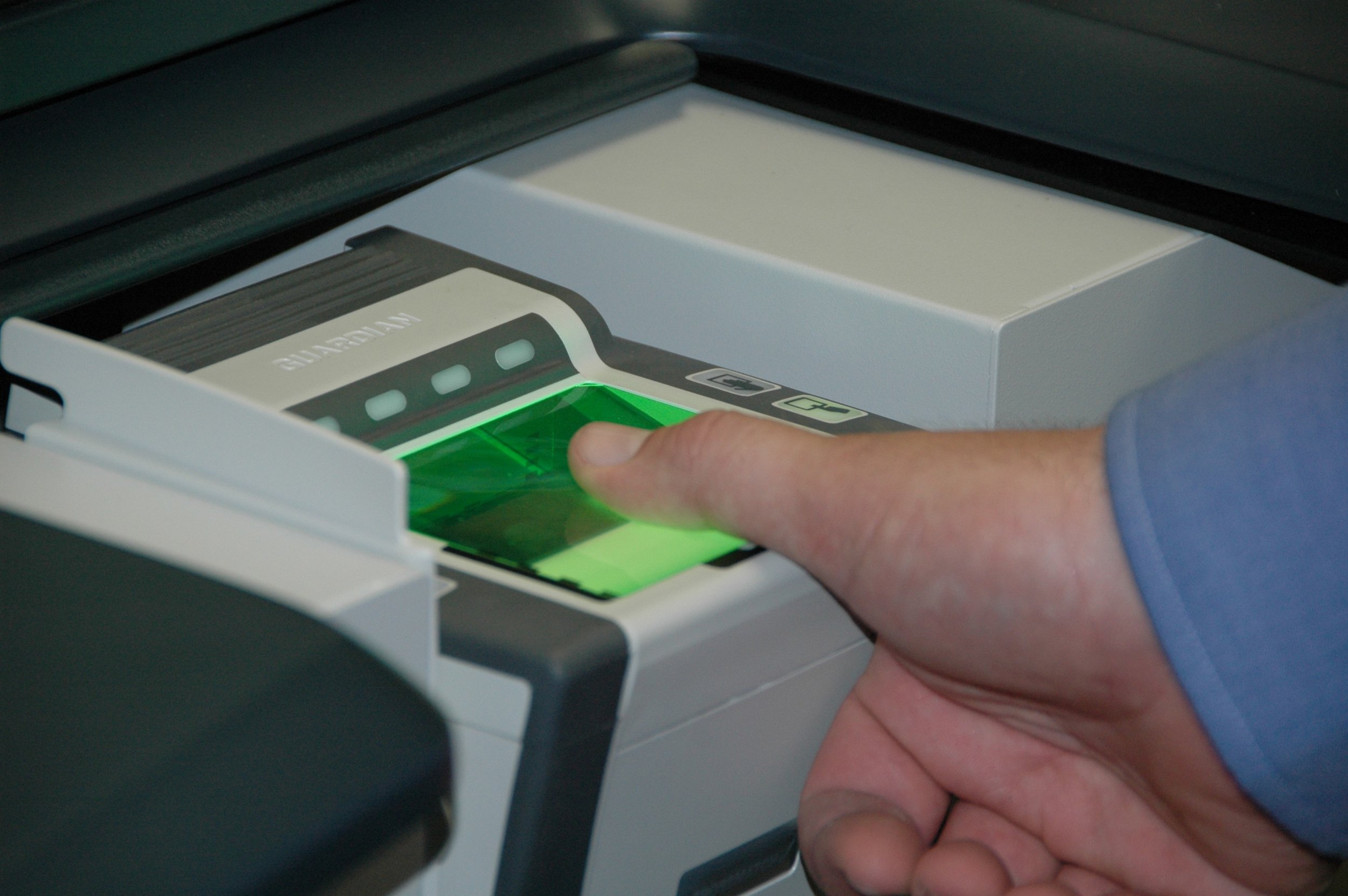Today the Trump Administration announced they are reversing some of Obama’s Cuba Travel Policies. Although previously Trump had said he was canceling the policy altogether, this new stance is only a partial shift from Obama’s.
Travelers currently in Cuba, or those who had purchased a ticket to Cuba before June 16th, are technically exempt from the new changes. The Treasury and Commerce Departments have 30 days to start writing in new regulations based off of Trump’s order. These regs won’t take effect until they are complete.
One major change is how strict US Custom will enforce the current 12 categories for legal travel to Cuba. Previously, in my experience, Customs didn’t ask me or anyone I was traveling with, for proof that I had legally adhered to travel under one of these categories. This was referred to as an ‘honor code.’
The only category for travel that appears to be changing is the ‘educational activities category’, which will now require that you travel with a tour group. Travelers can also be subject to an audit by the Treasury Department, for five years after travel to Cuba. This is meant to dissuade traveler from illegal transactions.
The administration claims that these new restrictions are aimed at preventing money from going to the Cuban Military.
You might be wondering how travel to Cuba can benefit their military, and we were wondering that too. So we’re going to break it down.
In Cuba there’s this company called GAESA, it’s an acronym which loosely means the Armed Forces Business Enterprises Group. GAESA is a conglomerate of businesses owned and operated by the Cuban military. They own nearly all the hotels and resorts, they own the rental car companies, all the grocery stores, gas stations, and pretty much every restaurant in Old Havana.
GAESA is operated by General Luis Alberto Rodriguez, the son-in-law of President Raul Castro. The company earns 40 – 60 percent of Cuba’s foreign exchange income, so basically money spent by travelers.
The Trump Administration is trying to make it harder for GAESA to profit off of American Travelers. His new policy would ban most US business transactions with this company. So staying at one of their hotels or renting one of their cars would be illegal for Americans.
This shouldn’t be that hard to avoid, since most people stay at a Casa Particular, which is essentially an Airbnb. Renting a car in Cuba isn’t really necessary either, since transportation is relatively inexpensive.
There will still be no limit to how many Cuban Cigars you can bring back to the US, as long as it’s valued under 10,000 dollars.
So what’s the takeaway here?
It looks like travel to Cuba will be a little harder to Americans. It doesn’t look like these changes will take effect for another 90 days, so if you want to avoid the hassle, you should go now.
In other news, the TSA Is Testing New Biometric Fingerprint Scanners.
International Airports in Atlanta and Denver are the first to receive the new scanners, where they’ll be tested. The plan is to use your finger print as both your boarding pass and ID. The scanners will rely only on volunteers and available only to those enrolled in TSA PreCheck. This technology is expected to make travel easier and quicker for passengers. So you won’t have to worry about printing your boarding pass at home or trying to find it in your email.
Las Vegas hotel rates are skyrocketing for the Aug 26th showdown between Floyd Mayweather Jr. and Conor McGregor. Less than 24 hours after the date for the fight was announced, hotel prices jump over 60%. 40 Year old Mayweather will be coming out of retirement to fight the UFC Fighter. Mayweather retired in 2015 with 49 wins and 0 losses in his professional boxing career. McGregor has a 23 win and 3 lose record in the mixed martial arts sport. He has never fought in a professional boxing match.
The US State Department issued a travel warning for Ethiopia this week. With reports of civil unrest, the US is warning travelers to steer clear of the East African nation. The Ethiopian government has recently been shutting down cell phone and internet access due to demonstrations against the government. If you do go, stay away from live demonstrations, enroll in the Smart Traveler Enrollment Program, and have alternate communication plans..
1,400 British Airways cabin crew members have announced a two-week strike, to start on July 1st. The union is striking over a pay dispute and travel concessions. There has already been 26 days of strikes since January of this year. A British Airways spokesperson said travelers would be unaffected by any planned strike.
A huge landslide on California’s coastal Highway 1 last month, continues to block access to Big Sur. Earlier in March, the Pfeiffer Canyon Bridge, also in Big Sur along another section of Highway 1, was demolished. The road is expected to open in September, after the peak of the travel season.
In Yellowstone National Park, a 21 year old man suffered sever burns when he fell into a hot spring. The man was near the Lower Geyser Basin just north of the Old Faithful geyser, when he fell. Park Rangers stress that visitors stay on the marked trails and boardwalks for their safety. Last year, a man from Oregon man died after he fell into a boiling acidic hot spring in Yellowstone. His body was never recovered.
Don’t forget to subscribe to the podcast on iTunes or your other podcasting apps.
Check out our other great content below:




























